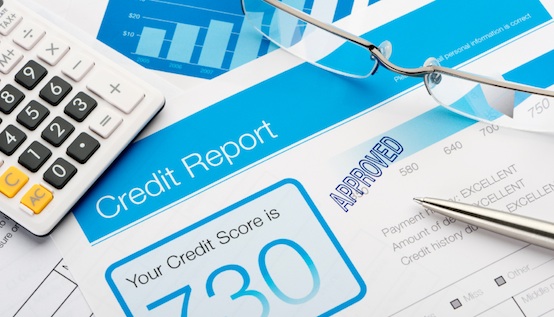5 Things That Lower Your Credit Score

Have you ever applied for a credit card and been rejected? It can be a completely humiliating experience and basically acts like a slap in the face. If you are not aware, there are several things that can affect your credit score. Continue reading below to learn the things to avoid if you're trying to increase your credit score!
Missing Payments
One of the worst things you can do regarding your credit score is making a late payment or missing one all together. The will significantly lower your score each and every time it happens. If it's your first time, you may be able to call the credit company to get it off your account. It takes awhile to recover from these mistakes, but sometimes catching up on payments or paying off the entire balance will convince lenders to remove the late or missed payment note.
No History of Credit
Did you know if you pay off your credit card bill each month, you are actually decreasing your score? Credit lenders want to see how you manage your money and how you deal with paying off debit. Paying with cash or not having debt for a length of time doesn't allow them to see this. Basically, If you have little or no debt, they won’t know if you’re a good credit risk or not. Buying a used car and making the monthly payments on time, every time can raise your credit score significantly.
Credit Report Discrepancies
It happens rarely, but it does happen. Lenders accidentally put notes on the wrong accounts or state the wrong amount. Go through your report and call about any mistakes and get them fixed quickly.
Credit Checks
Whenever a person checks your credit score, a note is made by the credit reporting agency. Hard inquiries often lower your score up to twenty points. They can happen when you apply for a credit card, apply for a job or apply for a loan. If you constantly try to get more credit, lenders view it negatively.
Lower Income
If your income suddenly drops one month, it immediately gets picked up from your credit agency and decreases your score. This is because the credit amount you are given is based off of your annual income. Lenders use a debt to income ratio to calculate your credit amount. When your income drops suddenly, a healthy ratio now looks poor. The only way to change this is to increase income or reduce debt.